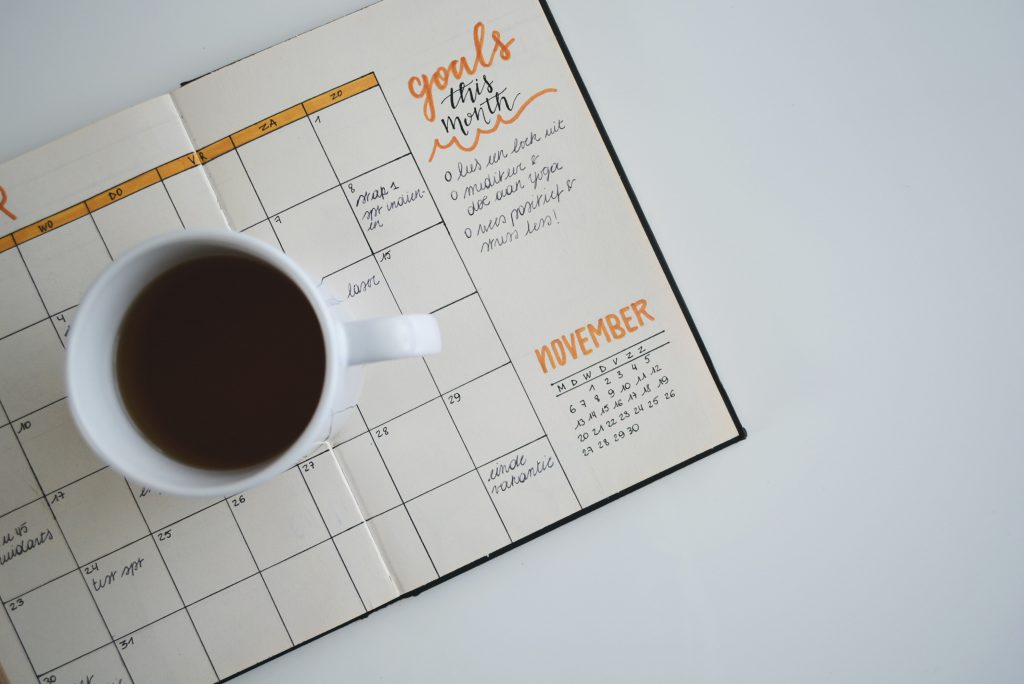Written by Maria Price
Going on a workation is not simply working during a normal vacation. Instead, a workation is a vacation for working. The goal is to be productive in working remotely outside the house for days while also integrating leisure time. Medium lists why workations are being more of a norm than an exception lately. More and more people are becoming curious about remote work, and going on a workation test if they are able to work outside an office.
With the pandemic already ongoing for months, people might want to try solo workations for a change of scenery after staying at home all this time. For those who have gotten used to remote work at home, it might be difficult to still focus on work when finally being out of the house. But in a collection of productivity tips for remote workers, long-time digital nomad James Gonzales emphasizes the importance of separating work and personal life. Here are a few tips to help draw that line:
1. Find the right accommodation
Your chosen place can make or break your workation. Ask if it has a good internet connection. Look around the neighborhood to see if there are nearby bars or events places that might distract you from work. It’s also worth scouting out nearby restaurants, convenience stores, and supermarkets so you won’t have to travel far for anything. Because of restrictions from the pandemic, it might be difficult to travel to other countries, so it would be more hassle-free to consider exploring domestic destinations. Already across just Europe, Homelike offers fully-furnished apartments that have enhanced hygiene initiatives with a 100% online booking platform for less contact in person, many with flexible cancellation policies and no deposit.
2. Set work hours
Even though “workation” has “work” in it, it would be a mistake to treat the whole day as a time for work, as this would only lead to burnout later on. Setting work hours gives the mind a limited time to work and also time to rest. Inform clients and co-workers what time your work hours are and try to only entertain urgent matters when you are contacted outside of those hours. This not only lessens the stress on your part but also signals to people to respect your time.

3. Set goals
Goals give a sense of urgency that there are things that need to be accomplished during work hours, so you don’t wonder what you should be doing next. Setting goals also puts things into perspective; if there are many items on the to-do list, order them according to how much you can manage for the day to make them appear more doable. Together with setting work hours, having goals can help with productivity by always giving the mind something to focus on and to achieve the task within a set amount of time.

4. Have a routine
Working outside a physical office might give some difficulty to following any work hours and goals that have been set, especially since you don’t have to leave for work and can wake up just a few minutes before your work hours. Try to establish a routine from the very first day. This trains the body and mind that you should already be doing something specific at a given time. Psychotherapist and executive performance coach Jonathan Alpert explains that routines involve the whole day, not just work hours, such as maintaining a healthy sleep schedule and setting aside time to eat properly.
5. Avoid social media
Checking any social media is a black hole to mindless scrolling. If you’re scrolling during normal work hours, chances are that the people you are chatting with really shouldn’t be on social media either. Anything that isn’t an emergency can wait until after work is done for the day. Being on social media when you shouldn’t be is also a signal to people who know you are online that they can contact you whenever they want. Even just “checking in with the real world” breaks your mindset of professionalism, and it might be hard to refocus on your task afterward.
6. Don’t overwork
Overworking won’t do anyone good, and burning out will only make it harder to rebound. Even though work comes first in a workation, don’t forget that it’s still a vacation as well. The Wellbeing Thesis emphasizes that breaks detach a person from work, reducing stress and giving them time to recover from work exhaustion. Aside from lunch breaks, mini-breaks are helpful as well. These involve just a few minutes of rest where you can get a glass of water, get a snack, or walk around to stretch. But don’t get too carried away and lengthen the breaks, as this would make them counterproductive.
























